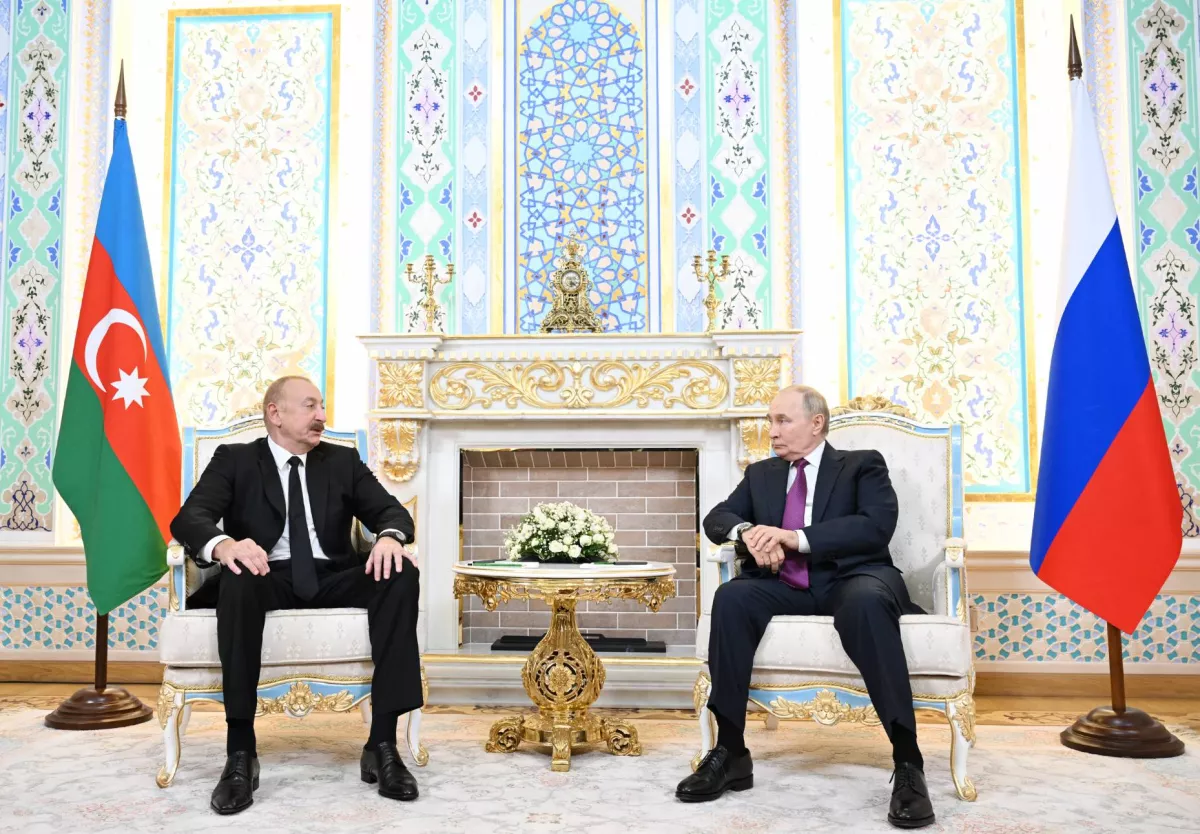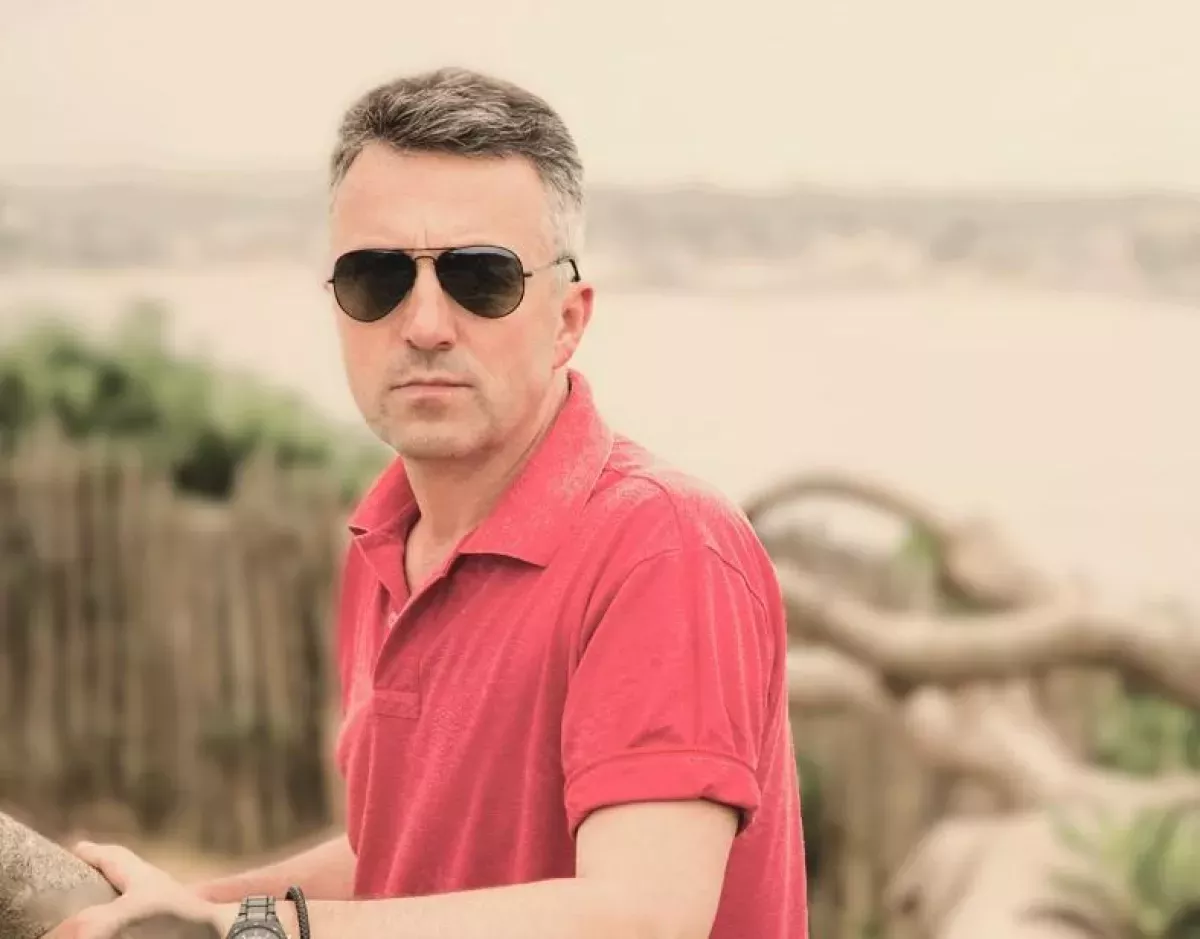Dushanbe 2025: A turning point for the CIS Expert opinions on Caliber.Az
This week, a meeting of the Council of Heads of State of the Commonwealth of Independent States (CIS) took place in Dushanbe. Perhaps the most memorable and significant moment of the summit was the first one-on-one meeting in a long time between the Presidents of Azerbaijan and Russia — an encounter that analysts interpreted as a signal marking the end of the pause in relations between Baku and Moscow.

Russian and Tajik political analysts shared their assessments of the summit’s outcomes with Caliber.Az.

Russian political analyst Dmitry Gradov is convinced that the recent meeting served as “a platform for détente and the restoration of a cooperative climate” among the post-Soviet countries.
“The meeting between Vladimir Putin and Ilham Aliyev was pivotal for preserving the foundation of the entire architecture of relations within the CIS. Without the stabilisation and interaction between Moscow and Baku, the Commonwealth had remained in a state of crisis. Following the stagnation in Russia–Azerbaijan relations, a vacuum emerged that could not be filled. Much depended on the axis of cooperation between Moscow and Baku — many decisions regarding collaboration hinged on whether these two centres would give their approval,” the political analyst noted.
According to him, Azerbaijan today is the strongest player in the South Caucasus and in recent years has become the moderator of all key processes in the region. Russia, for its part, has sought to ensure that Baku remains willing to take its interests into account within the framework of economic and integration projects.
“For instance, the creation of the TRIPP route caused certain tensions in the context of Russia’s plans for the South Caucasus and introduced an element of uncertainty into its strategic calculations. Therefore, without exaggeration, the positive dialogue between Putin and Aliyev — during which complex issues of bilateral relations were finally discussed — allowed the leaders of other CIS countries to breathe a sigh of relief,” Gradov emphasised.
In his view, President Ilham Aliyev, in his address, immediately highlighted key issues on the agenda that reflected Baku’s position on a number of important directions. The President of Azerbaijan expressed his gratitude to the heads of CIS member states for supporting the nomination of the city of Lachin in the East Zangezur region as the Commonwealth’s Cultural Capital for this year.
“Another important event in the life of the Commonwealth was the 3rd CIS Games, held in Azerbaijan from September 28 to October 8 this year — and President Ilham Aliyev also gave special attention to this point in his speech,” Dmitry Gradov added.

According to Tajik political analyst and Candidate of Political Sciences Eraj Alimov, the priorities of the CIS member states, their commitment to common interests, and their willingness to continue cooperating became clearly evident in Dushanbe. He noted that Tajikistan, as the host country, did everything possible to ensure that the heads of state remained engaged and that political communications were conducted in the most constructive manner.
“Opening the meeting of the CIS Council of Heads of State in a limited format, President of Tajikistan Emomali Rahmon emphasised that in Dushanbe, ‘we are always happy to welcome friends and partners with whom we share common interests and aspirations in developing cooperation.’”
Emomali Rahmon also noted that, during Tajikistan’s year of chairmanship in the CIS, the republic, in close cooperation with the member states and the Executive Committee, continued comprehensive work to ensure the effective implementation of the planned objectives.
“In my view, the distinctive feature of this session was that, for the first time in CIS history, such important and permanent participants as Azerbaijan and Armenia interacted as partners rather than adversaries. The peace agreements reached in Washington provided a useful reset not only for the cooperation framework but also for the CIS countries’ security system, which has now been noticeably strengthened. This, perhaps, became the main leitmotif,” Alimov said.








